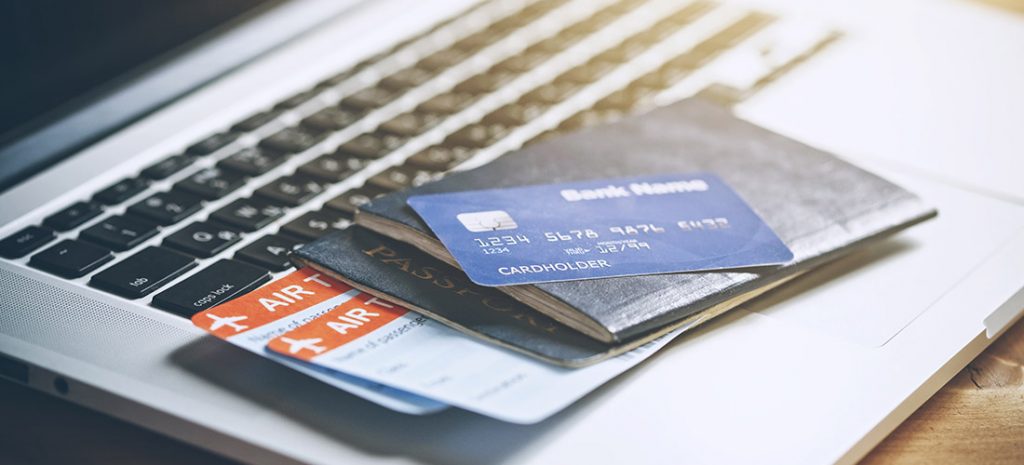Action Fraud, the UK’s national fraud and cyber-crime centre, estimates that in 2016 approximately £1,200 was lost per person as a result of holiday fraud. The number of reported cases continues to rise by 20 per cent year-on-year, increasing from 4,910 in 2015 to 5,826 last year. The report also states that 26 per cent of victims say that fraud has had a significant impact on their health and financial well-being.
There are many different aspects of holiday fraud, the most common of which involve:
- Airline tickets: illegitimate websites sell fake airline tickets to customers that never arrive. Fraudsters also use stolen credit card details to purchase airline tickets, make a note of the flight number and then cancel the payment. Tickets are subsequently resold online at a discounted rate.
- Accommodation: hotel rooms and villas are also targeted. Cyber-criminals set up fake websites, hacking into legitimate customer accounts to steal confidential information and posting fake adverts on websites and social media.
- Visa applications: fraudsters use the visa system to steal money and confidential information from travellers by setting up copycat websites that supply counterfeit documents. The process is replicated to be as genuine as possible so that often the victim has no idea the documents are fraudulent. This type of fraud is particularly prevalent in the United States where the ESTA electronic visa application system is a prime target for cyber-criminals.
Deputy Head of Action Fraud, Steve Profitt, said: “Action Fraud has seen a consistent rise in the number of holiday fraud reports made over the past five years. We recommend that people are thorough when researching their travel arrangements and book directly with an airline or hotel, or through a reputable agent.”
How do we overcome holiday fraud in 2017?
There are many serious risks that consumers need to be aware of before they book a holiday or trip online. To help combat the significant rise in holiday fraud, people should check important details such as ATOL accreditation and reviews on respected booking sites. Ensuring that the travel operator is a member of a recognised regulatory body that offers financial protection to passengers, will help safe guard them against fraud. Travellers should also take out travel insurance and ensure that their visas have been issued by the correct authorities.


